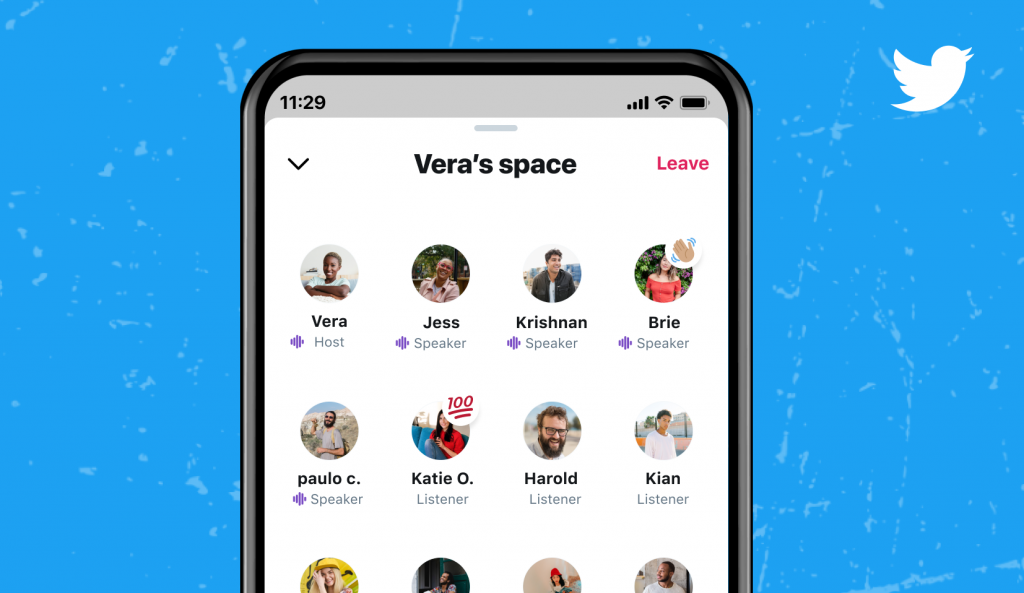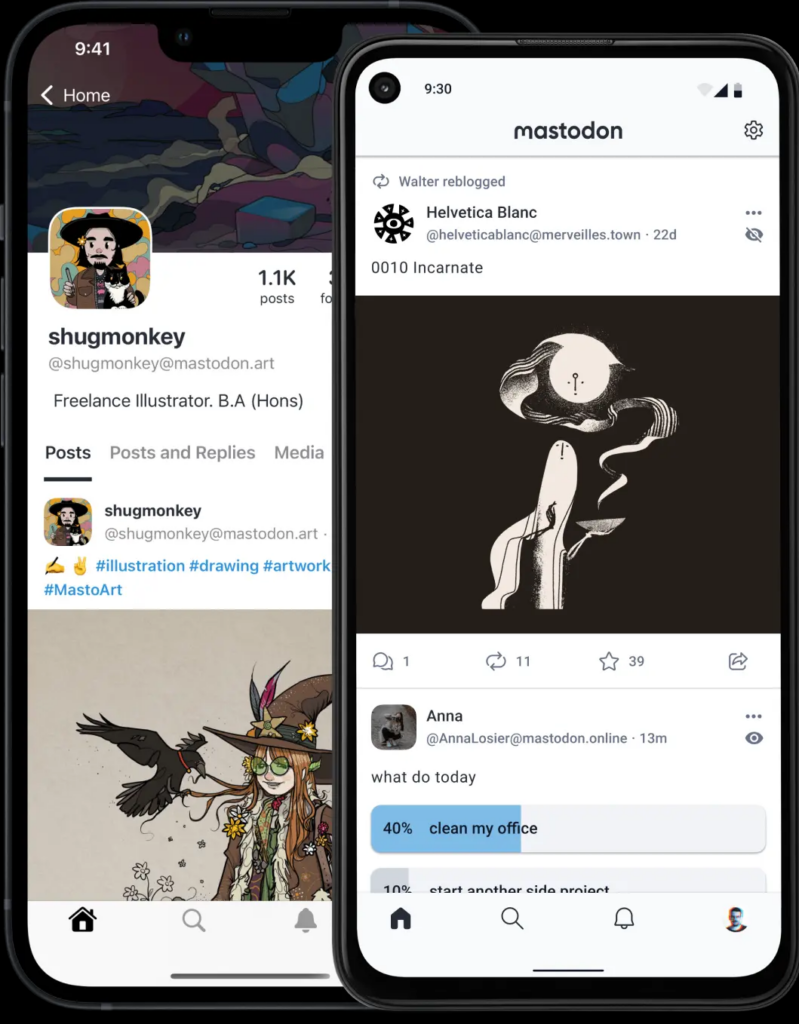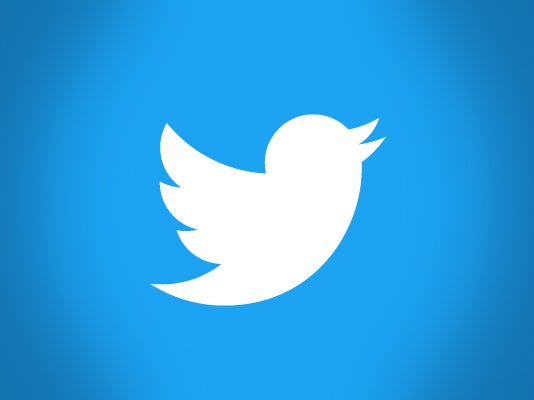Twitter vs Mastodon: Which social media site is better?

Twitter was thrown into turbulence this year when Elon Musk officially took over the long-standing social media website.
Since then, the company has let go of thousands of employees and for a short while handed its verification status to anyone ready to pay $8 a month for Twitter Blue.
These decisions have led many users to browse the web for a new home, with apps like Mastodon and Hive Social seeing spikes in their user numbers not unlike the surges Signal and Telegram saw when WhatsApp announced its new terms last year.
But, how does Mastodon compare to Twitter?
Centralised vs decentralised
While both Twitter and Mastodon are microblogging sites, there is one major way in which the two differ – Mastodon is a decentralised platform.
What this means is that there is no one person or company that runs Mastodon. Unlike Twitter, Instagram or TikTok, Mastodon is split into a large number of servers, each of which is considered an independent entity with its own locally-enforced rules and regulations.
The most obvious benefit of this is that there’s no risk of a Musk-like figure buying out Mastodon and making sweeping changes across the entire app.
Mastodon is also based on open-source software, meaning people can customise the app to build their own communities.
That doesn’t mean people can’t communicate across servers. The app behaves closely to Twitter in the way that users can chat and view posts shared across the entire app.
However, it does mean that Mastodon users need to follow the rules set within their own servers, meaning content posted on one server may not be allowed on another.

Features
Both Twitter and Mastodon allow users to create accounts, build a following and share text, images, videos, audio and polls with others on the site, with the latter’s answer to tweets being its own similarly short “toots”.
However, where Twitter uses an algorithm to show tweets in a particular order, Mastodon displays them in chronological order. This is a stance that has also been taken by other Twitter competitors on the rise, like Hive Social.
Twitter offers a wider range of features currently, likely due to the fact it’s been around longer. Current features include the Spaces audio rooms, Communities to discuss specific subjects and Moments, where Twitter compiles popular topics in the Explore tab.
Usernames are also a bit more convoluted on Mastodon. Where Twitter handles can be short and snappy, Mastodon names are longer and trickier to remember due to the fact users are required to have their servers tagged on the end.
This means that where your user name could be @trustedreviews on Twitter, it’d probably be closer to @trustedreviews@mastodon.social (or another similar server) over on Mastodon.
Devices
Twitter is supported on Android and iOS phones and tablets, Windows and Mac desktops and in most web browsers.
Mastodon, meanwhile, is available on Android and iOS devices, in browsers and through a wide range of third-party apps.

Pricing
One of the biggest instigators for users leaving Twitter has been the rise of Twitter Blue.
More specially, Twitter recently announced a rehaul of the service that would give users a prioritised place in the notifications tab, early access to new features and that coveted verification status for the price of $7.99 a month.
Unlike other subscription services, this doesn’t mean you’ll be able to scroll through Twitter ad-free, with advertisements and sponsored posts continuing to be a major source of revenue for the app.
Mastodon doesn’t currently offer a subscription service and there are no ads for prioritised posts to disrupt your feed, either. That is if you want to join an existing server, anyway. For those wanting to host their own server, prices start at $6 a month for small groups and range up to $89 a month for communities with up to 2000 members.
Maston is primarily funded by “sponsors” – the individuals and companies that contribute to the app via Patreon or Mastondon’s own website.
In turn, sponsors are able to access Mastodon’s development chat on Discord. If they donate more, they’re also welcome to add their name and logo to Mastodon’s sponsors list.
Verdict
It’s difficult to name a winner between Twitter and Mastodon because they operate so differently.
If you prefer to have a snappy username on a service that’s feature-heavy, stick with Twitter. However, for those looking to leave the site and interested in the idea of a decentralised social media site with no ads, Mastodon is definitely worth a look.





